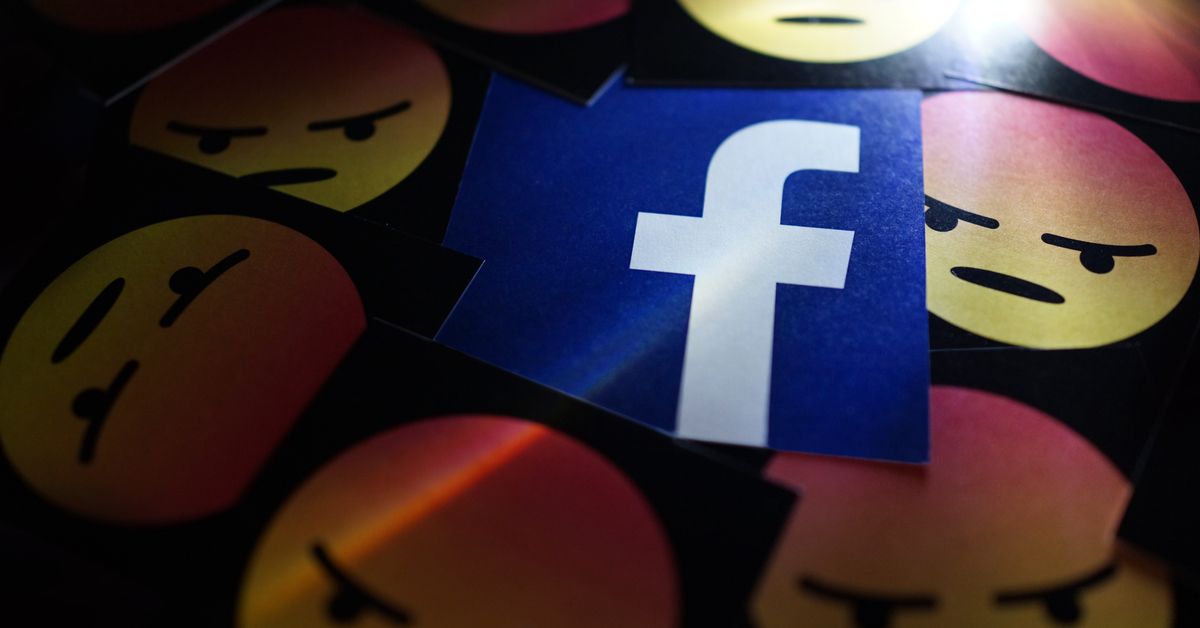In June 2018, journalists and activists raised concerns over sudden apparent suspensions or sanctions from social media web sites within days of one another amid increased concerns over their policies toward news outlets.
In the latest incident, Lucas Waldron — graphics producer for the investigative news site ProPublica — said on 21 June 2018 that the visual platform Instagram had deleted a post on the outlet's account that identified members of a white supremacist group.
"The company provided no information on how to appeal and the post is now completely scrubbed from our account," Waldon wrote.
ProPublica corroborated Waldron's account. The site's editor-in-chief Steve Engelberg told us, "A platform that censors journalism because it cannot distinguish between racist rants and investigative reporting clearly needs to review its procedures. This is absurd."
Instagram, which is owned by Facebook, did not respond to a request for comment. However, Waldron posted an email from a spokesperson who said Instagram deleted Reveal's video by mistake and that it had been restored.
Waldron's initial post came hours after Facebook was also criticized, after the platform blocked the news outlet Reveal from purchasing a visibility "boost" for a 20 June 2018 report saying that immigrant children were forcibly injected with "antipsychotic drugs."
Reveal, which is funded by the nonprofit Center for Investigative Reporting, responded on its Twitter account:
Hi there, @facebook. This is not political content. This is journalistic content that deals with policy. There's a difference.
Didn't you go over this with @ProPublica recently? https://t.co/kMCOzWanAY pic.twitter.com/3mSViK3sdv
— Reveal (@reveal) June 20, 2018
A Facebook official told us that Reveal was not blocked at any time from posting the story on its Facebook page, but that it was flagged as a "political content" advertisement because it made reference to President Donald Trump, thus requiring the news site from going through an "authentication" process separate from the regular vetting required to verify its account.
Rob Goldman, Facebook's vice-president of advertising, responded to ProPublica when it shared Reveal's complaint.
"Pages have to authenticate (it's easy to do) to run ads with political content to prevent election interference. News and advocacy are different, and we'll be showing them separately in the transparency archive — but we flag both to prevent workarounds for bad actors," Goldman wrote.
The News Media Alliance, which comprises more than 2,000 news organizations across the U.S. and Canada, has objected to the practice; the group's chief exective officer, David Chavern, said in an 11 June 2018 letter to Facebook CEO Mark Zuckerberg:
Placing news ads in an archive designed to capture political advertising implies that Facebook considers there is a political agenda behind journalism. This is not a marketing or business issue. We see your policy as another step toward furthering a false and dangerous narrative that blurs the lines between real reporting from the professional media and propaganda. Marketing our products, or subscriptions to our products, is not separate from our journalism or from press freedom.
Former journalist Campbell Brown, who now heads Facebook's global news partnerships division, claimed in a 13 June 2018 post that "many publishers" had welcomed the company's policy for labeling political ads, which took effect in May 2018. She said that Facebook plans to create a separate category for paid posts from news organizations, but dismissed the idea of not having them pay for increased visibility.
"Removing an entire group of advertisers, in this case publishers, would go against our transparency efforts and the work we're doing to shore up election integrity on Facebook," Brown wrote. "We don't want to be in a position where a bad actor obfuscates its identity by claiming to be a news publisher, and what's more, we know there can be editorial content from news organizations that takes political positions."
Reveal reporter Byard Duncan told us that his company had not spoken to Facebook about the matter.
Twitter was accused of temporarily locking the account of Maria Teresa Kumar, president of the advocacy group Voto Latino. Neither Voto Latino nor Twitter responded to a request for comment, but Kumar said in one post that she had been prevented from promoting a 24 June 2018 demonstration at an Immigration and Customs Enforcement internment camp containing immigrant children in Tornillo, Texas:
Here are some of the messages I’ve been trying to post for the last few days.
You get the gist. Join us in #TornilloTx https://t.co/PdgGVKyXo9 pic.twitter.com/r7rfckv00Z— María Teresa Kumar (@MariaTeresa1) June 21, 2018
The company was also accused of locking not only Splinter News for publishing White House advisor Stephen Miller's phone number (citing the company's terms of service) but also other employees of the Gizmodo News Group who shared the story.
Neither Twitter nor Splinter News responded to requests for comment.
